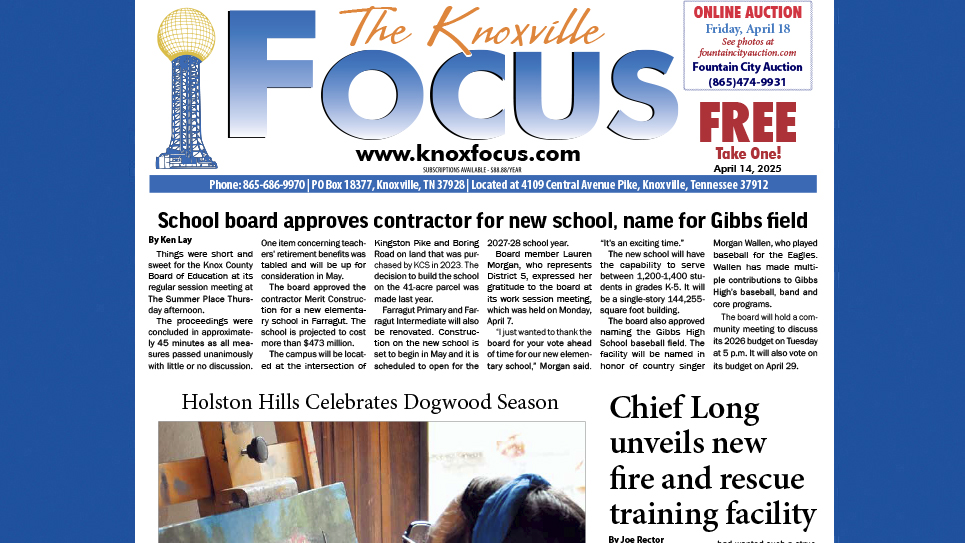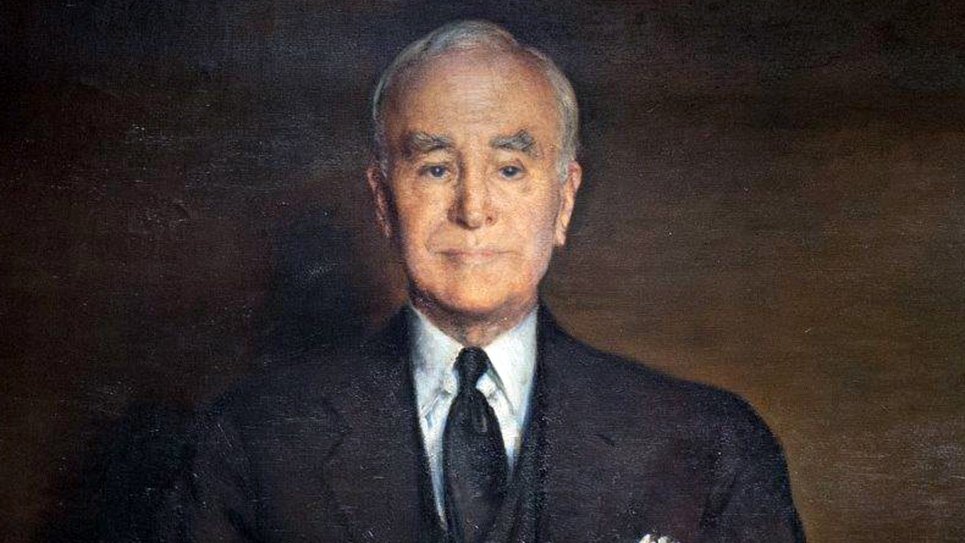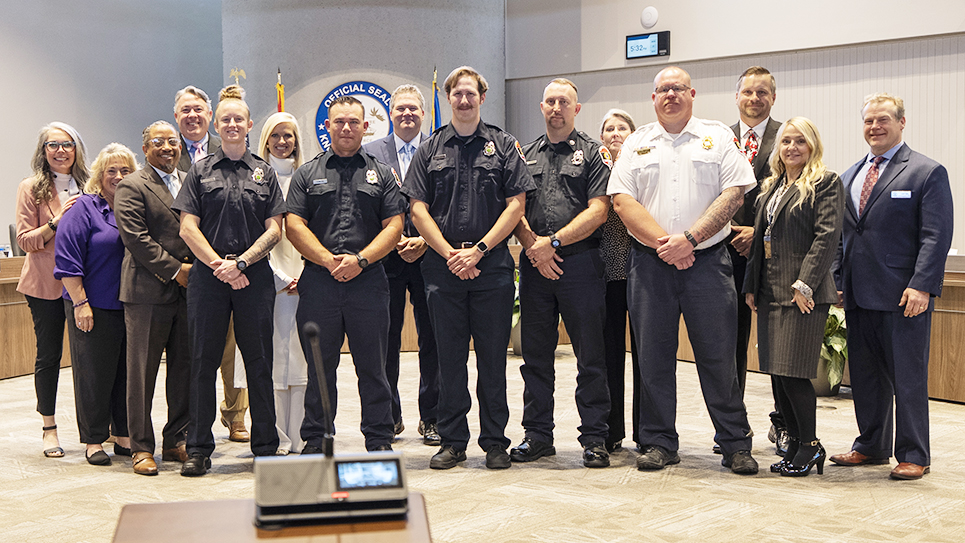Visiting Historic Kingston
A Day Away By Mike Steely
Imagine it is 1792 and you are at the western edge of what was then the Southwest Territory. You are standing on the banks of the Clinch River and can look across and see a Cherokee village. On your side of the Clinch River is a ferry that connects the territory with the vast Native American wilderness and the Nashville settlements beyond.
Just to your left, you see the mighty Tennessee River take in the waters from the Clinch and flow southward toward what will become Chattanooga. On the hill behind you, Fort Southwest Point is being built on the hillside overlooking the area, atop what was an old Native American mound.
The ferry on the east side of the river was operated by a Cherokee chief who had a village on the west side where Rockwood is now located. The ferry passed to the hands of settlers and continued service until a bridge was built across the Clinch. Back then the soldiers at Southwest Point escorted travelers going west through a very dangerous part of the Cumberland Mountains where Cherokee attacks often took place.
A few years later, the town of Kingston will be created further up the Clinch River. The town will host a gathering of the young Tennessee Legislation and Kingston will become the capital of the state for one day in 1807 to legally satisfy a treaty with the Cherokee to relocate the state’s seat of government.
Now imagine you are standing at the new Roane County Courthouse, built in 1855, in downtown Kingston during the Civil War. Just across from the historic courthouse, you will see the legendary Morgan house, the home of that historic family who co-existed with the Native Americans and lent their name to several historic East Tennessee places. The home was built in the early 1800s by Col. Gideon Morgan and still stands today.
If you turn back to the courthouse you’ll find, in that imaginary visit, soldiers of both the Union and Confederate Armies occupying the building on separate occasions. If you walk up the hill just southeast of the courthouse to Bethel Cemetery, you’ll find the graves of some of the earliest settlers including the ferry operators and other public officials.
There is so much history in Kingston, now the county seat of Roane County. The town was named for Robert King, an officer at Southwest Point, and occupied the furthest west point of the Southwest Territory, which would later expand and become the State of Tennessee.
The Historic Roane County Courthouse is a living museum you can visit. Mary Pippin and Robert Bailey oversee the facility. The courthouse lawn will host a street festival on March 23 and, on March 30 will have an Easter Egg Hunt with the Easter Bunny.
The courthouse will also host food trucks each Wednesday evening beginning March 27.
This coming October the city of Kingston will celebrate 225 years with various events.
You can get more information by calling (865)376-6584 or visiting www.kingstontn.gov/discover-kingston.






